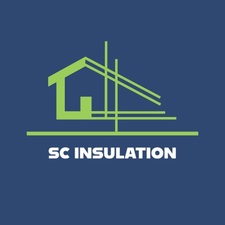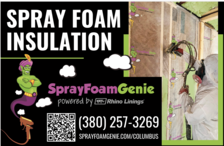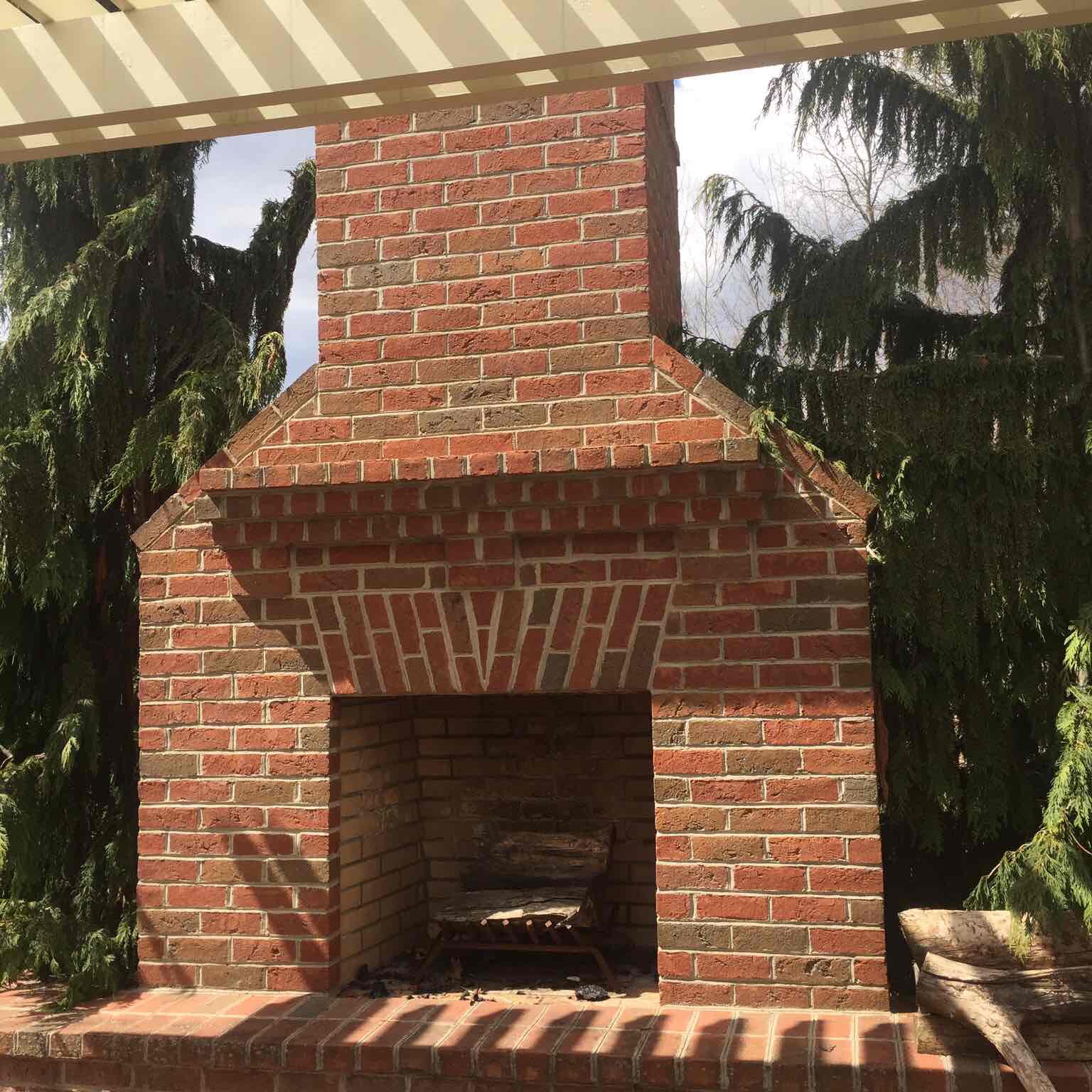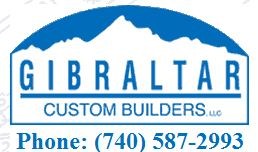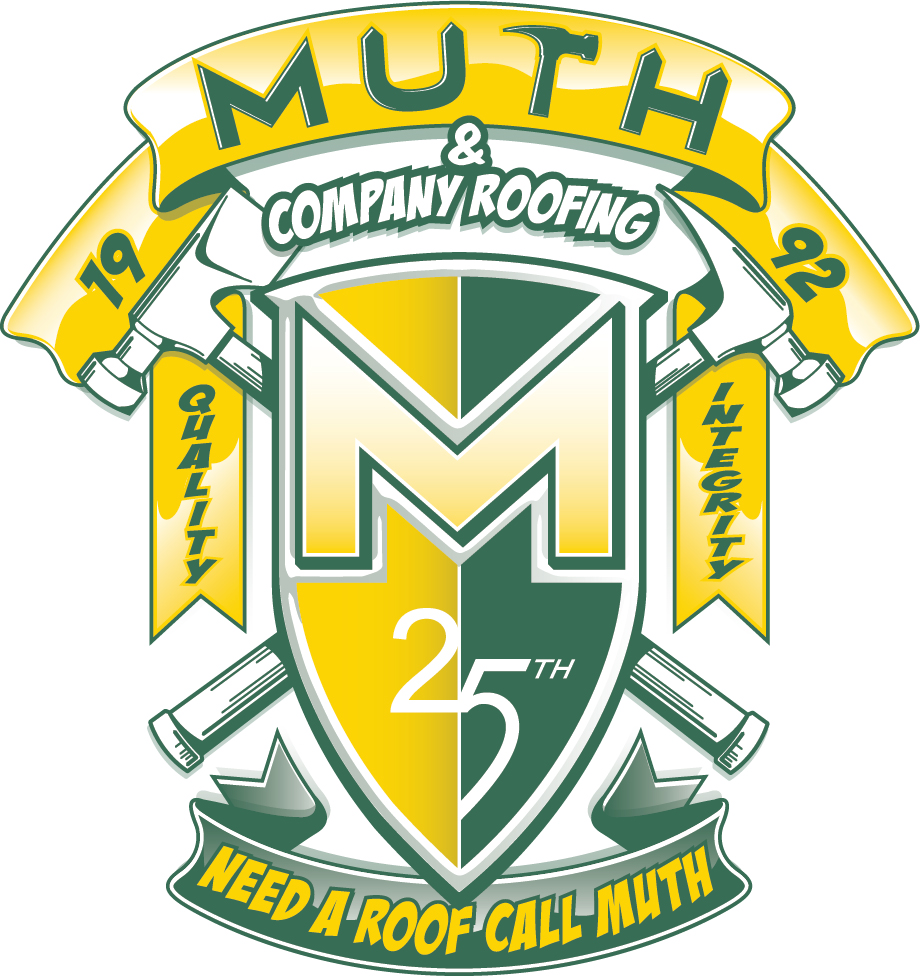
Get matched with top insulation pros in your area
Enter your zip and get matched with up to 5 pros
Need a pro for your insulation service project in Elbert, co?
TRUSTED BY ELBERT, co HOMEOWNERS
4.4
Average homeowner rating89
Verified insulation services reviews
Verified Reviews for Insulation Service pros in ,
*The Angi rating for Insulation Service companies in , is a rating based on verified reviews from our community of homeowners who have used these pros to meet their Insulation Service needs.
*The HomeAdvisor rating for Insulation Service companies in , is a rating based on verified reviews from our community of homeowners who have used these pros to meet their Insulation Service needs.
Last update on November 09, 2025
Find Insulation pros in Elbert
No results for Insulation pro in
Try adjusting your search criteria.The Elbert, co homeowners’ guide to insulation services
From average costs to expert advice, get all the answers you need to get your job done.
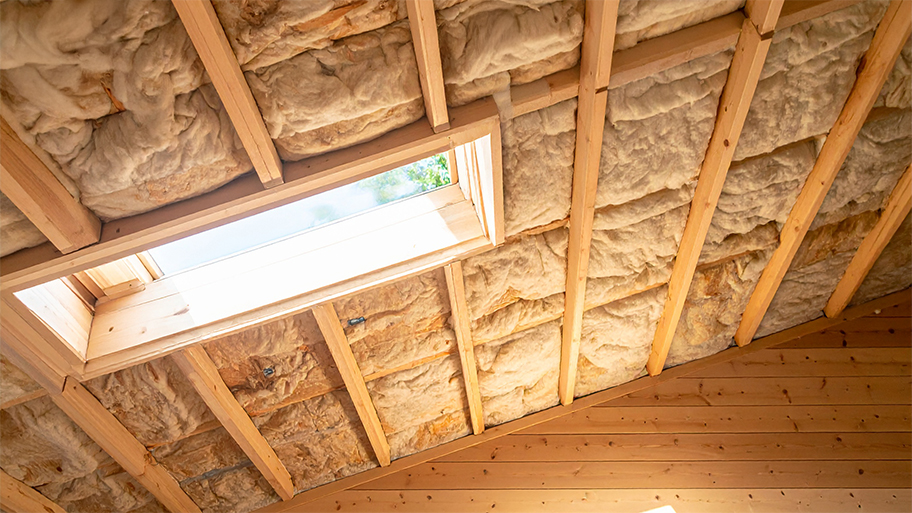
Insulating your attic can massively improve your home’s efficiency and reduce electric bills. Use this guide to find out what attic insulation will cost you.
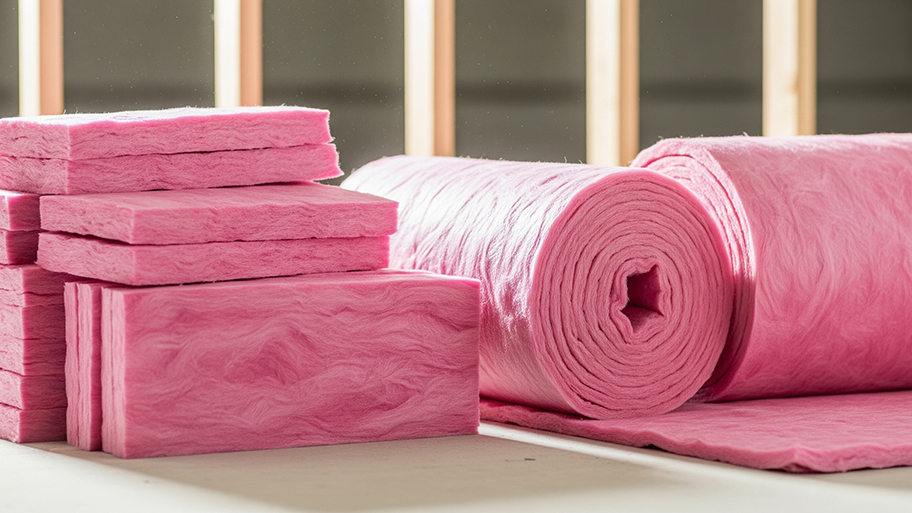
Crawl space insulation costs vary by size, insulation type, and material. Read this guide to learn how much your crawl space insulation could cost.
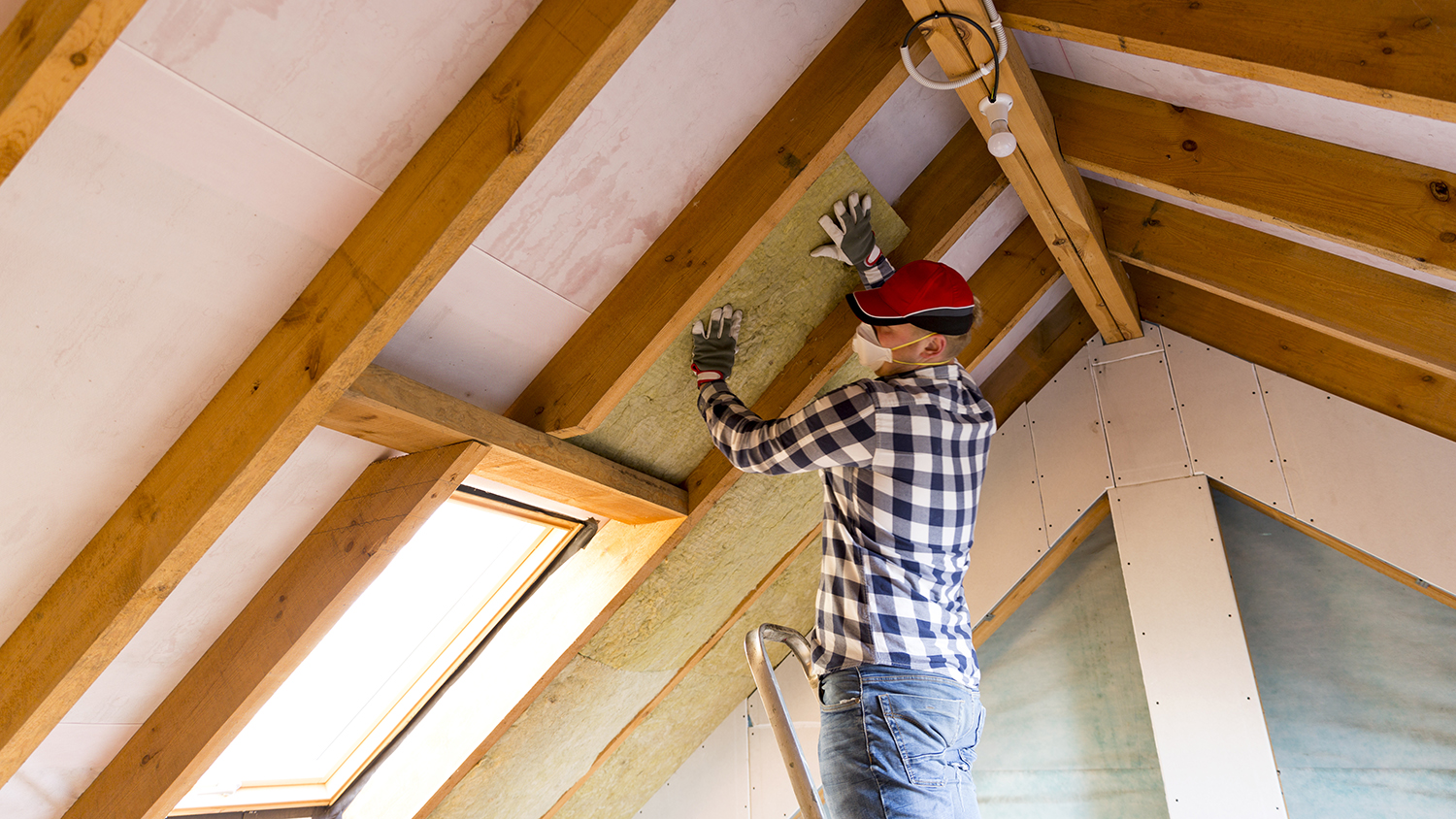 •
•Discover roof insulation costs, including average prices, key cost factors, and expert tips to help you budget and save on your next project.

Is a radiant barrier worth it for your home? It depends on the climate where you live, installation factors, and the cost of keeping your home cool.

Floor insulation has some of the guts and glory of eliminating outside drafts. Use this guide to learn the best insulation method for your floors.

Removing old insulation may be necessary for upgrading your insulation. Keep reading to see if you should remove old insulation before adding new insulation.
